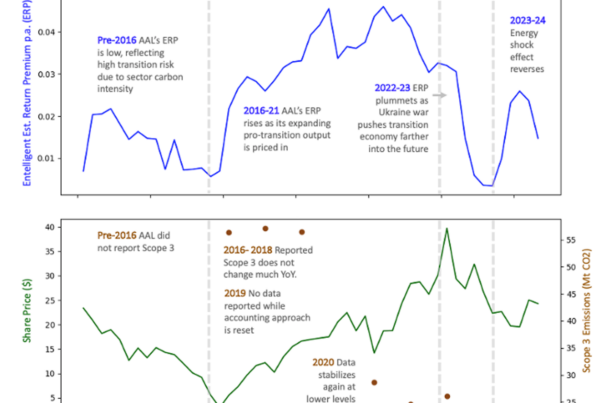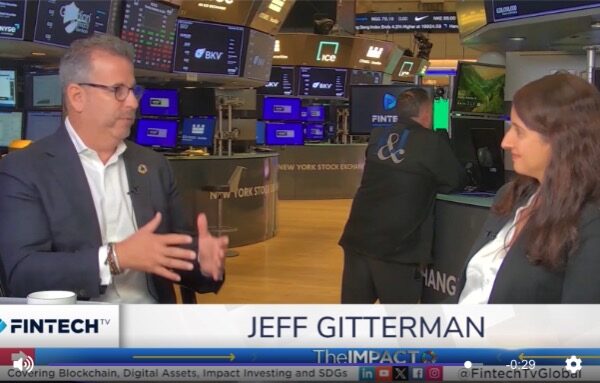This research paper was developed by Entelligent Co-Founder and Chairman David Schimel, Ph.D., and Charles Miller, Ph.D. The authors are research scientists at the NASA Jet Propulsion Laboratory at the California Institute of Technology. In this paper, Drs. Schimel and Miller describe the growing realization that the wealth at risk due to climate change could exceed the costs of mitigation — thus putting the world at a tipping point in its approach to climate risk management.
Abstract
As the planet approaches local and global exceedance of the 1.5o C stabilization target, damages from climate change, mostly due to extremes, are growing far faster than projected. While assessment models have largely estimated high costs of mitigation, the cost of green energy is dropping faster than projected. Climate policy has assumed that damage costs are manageable while decarbonization is expensive. Both these assumptions are wrong, potentially leading to a tipping point in human behavior: scientists need to explore options aligned with this emerging reality.
Key Points
- The global policy response to climate change has assumed that mitigation is expensive while adaptation is inexpensive.
- Recent data suggests both these assumptions are wrong, with costs mounting and the cost of green energy falling.
- Realizing that wealth at risk may exceed the cost of mitigation could drive a tipping point in human behavior.
The complete study can be found at AGU Advances.






